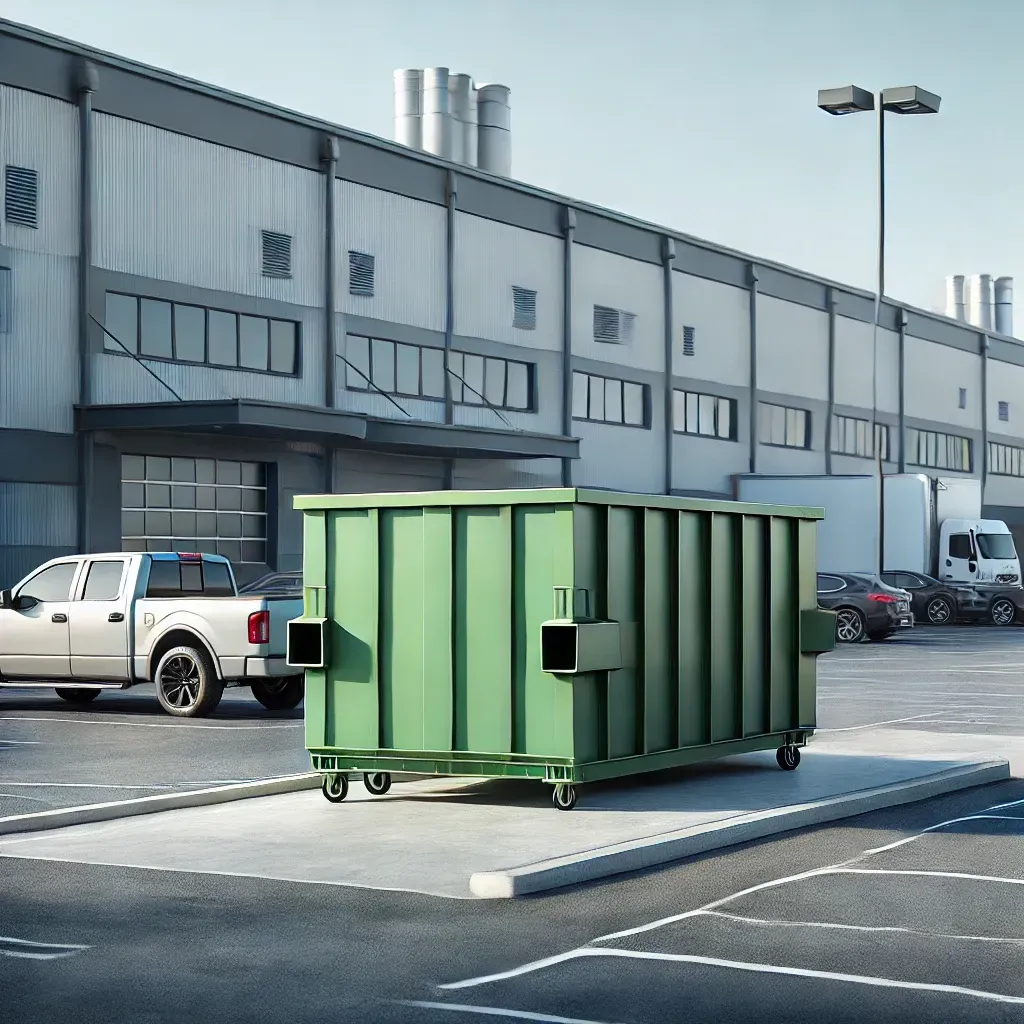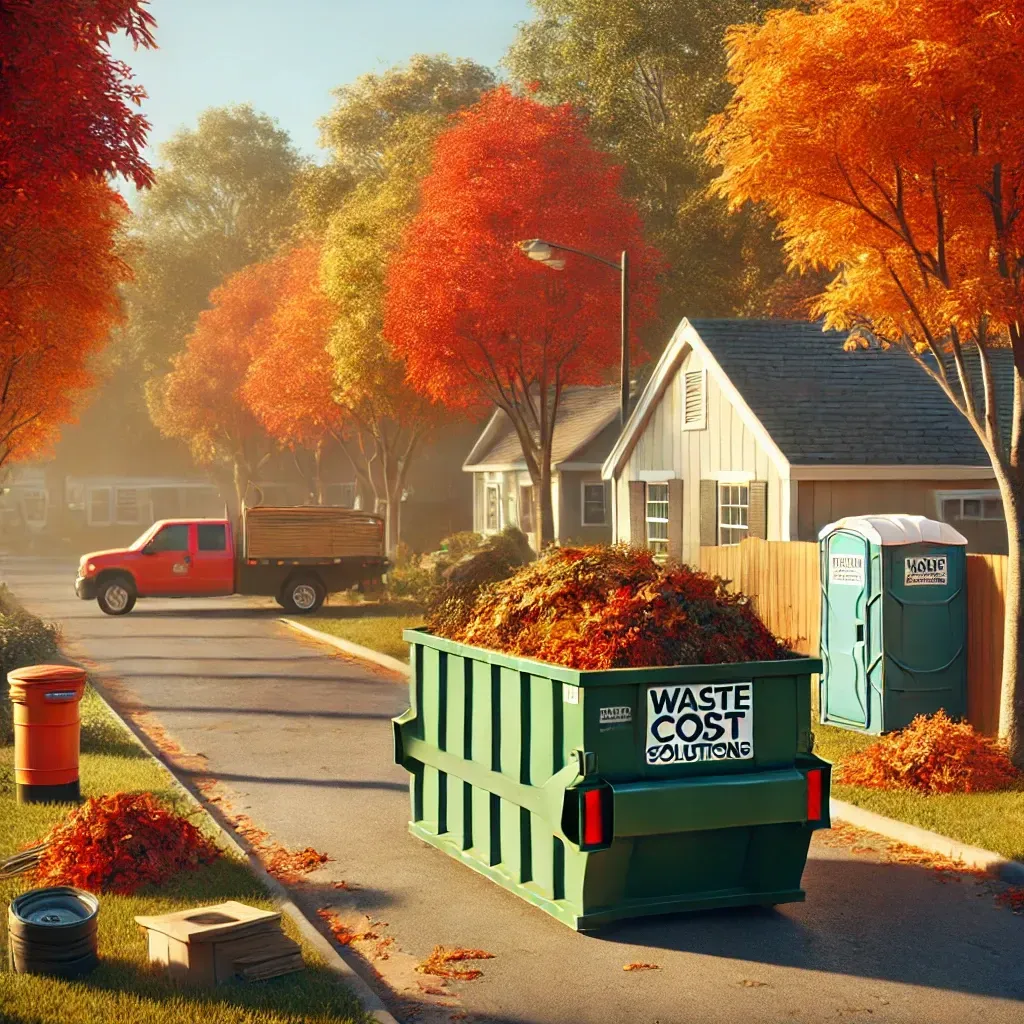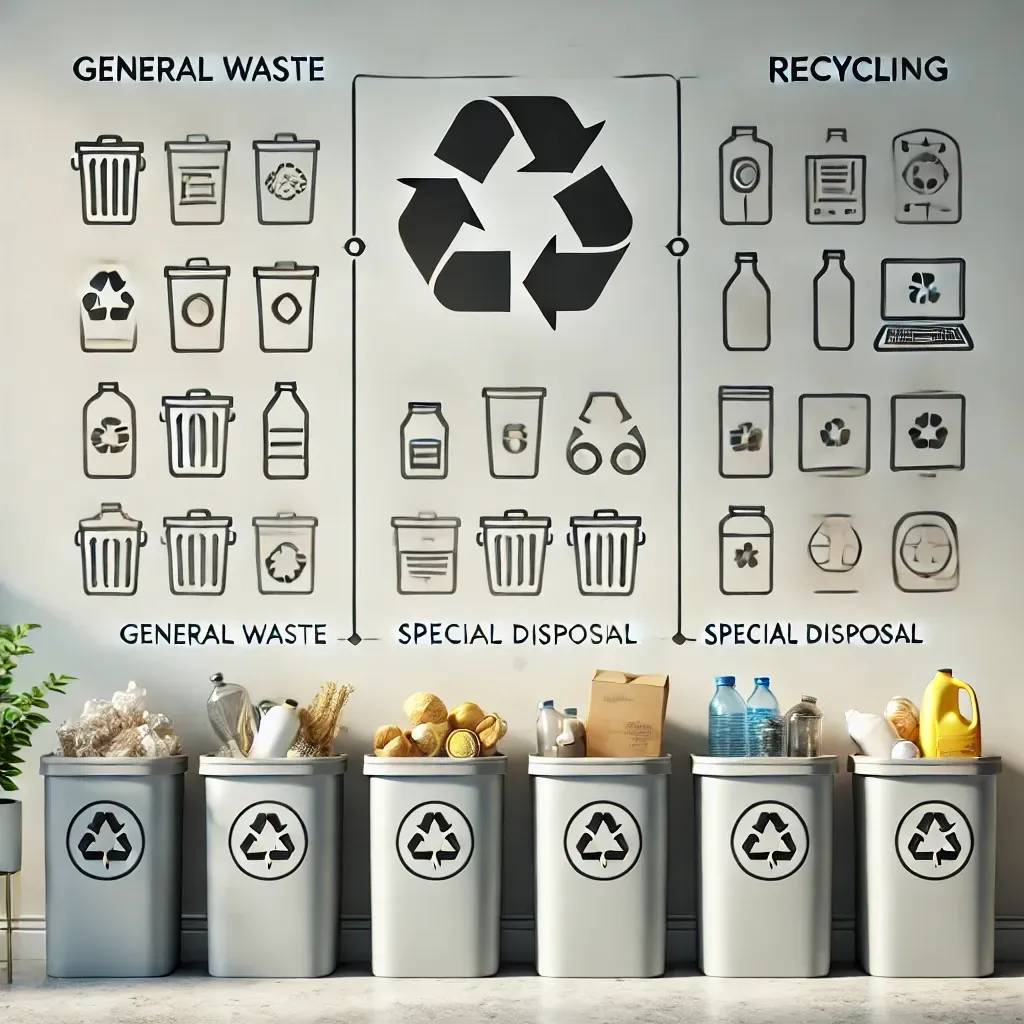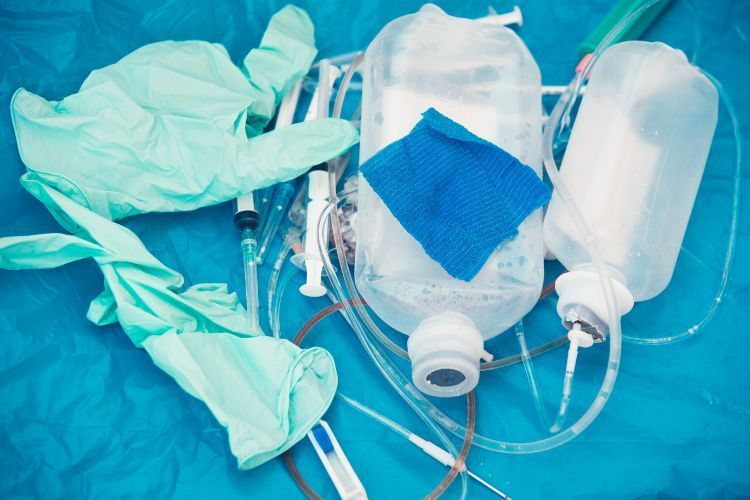Educating Visitors on Proper Waste Disposal at Hospitals
Have you ever wondered how hospitals dispose of medical waste? It's a question that often lingers in the minds of visitors who step into the clinical world, whether to support a loved one, learn more about healthcare practices, or simply out of curiosity.
While the intricacies of waste management in hospitals can be fascinating, today, we're focusing on something equally important yet often overlooked: educating hospital outsiders, those who visit hospitals, about the critical significance of disposing of waste into proper bins. This seemingly small act can make a big difference in maintaining a clean, safe, and sustainable healthcare environment.
The Consequences of Incorrect Waste Disposal
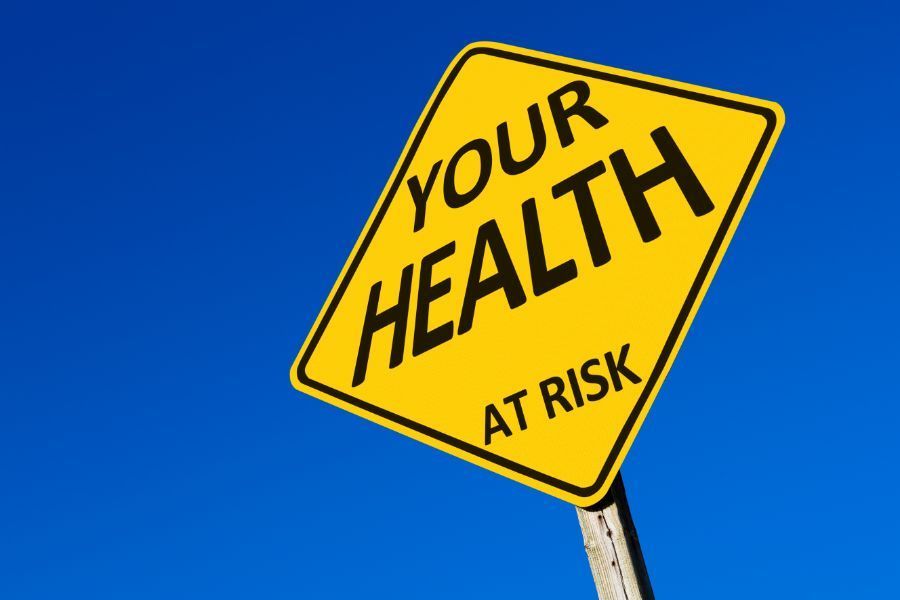
- Hospitals generate substantial waste daily, including infectious, hazardous, and general waste.
- Incorrect disposal can spread infections, endangering the health of patients, visitors, and healthcare workers.
- Inadequate waste management can harm the environment, as some medical waste can be toxic or biohazardous.
- Hospitals must adhere to stringent regulations, and improper waste disposal can result in legal penalties.
When hospital visitors fail to follow waste disposal guidelines, they inadvertently contribute to these problems. Understanding the consequences of incorrect waste disposal is crucial in emphasizing the importance of proper disposal methods.
Simple Steps for Educating Hospital Visitors

Educating hospital visitors about proper waste disposal doesn't have to be complicated. Here are some simple yet effective steps hospitals can take:
- Clear Signage: Hospitals should strategically place clear and concise signs near waste disposal areas. These signs should illustrate what types of waste belong in each bin and why proper disposal is essential. Using visual aids can make the message more accessible to a diverse audience.
- Engaging Brochures: Hospitals can design informative brochures or pamphlets visitors can peruse while waiting. These materials can explain the importance of correct waste disposal in an easy-to-understand manner using everyday language.
- Interactive Apps: In this digital age, hospitals can develop mobile apps that provide information about waste disposal, allowing visitors to engage with the content at their own pace. Gamifying the learning process can make it fun and memorable.
- Visitor Orientation: Hospitals can conduct short orientation sessions for visitors, especially those who plan to spend an extended period within the premises. These sessions can include a segment on waste disposal to ensure that visitors are well-informed from the outset.
By implementing these straightforward strategies, hospitals can make it easier for visitors to grasp the significance of proper waste disposal.
Conclusion
In the grand scheme of healthcare, waste management in hospitals might not seem as critical as medical treatments or cutting-edge technologies. Still, it is indispensable in ensuring the safety of patients, staff, and the environment. Educating hospital outsiders, those who visit for various reasons is essential to achieving effective waste management in healthcare facilities.
By highlighting the consequences of incorrect waste disposal and employing simple yet effective educational methods, hospitals can contribute to a cleaner, safer, and more sustainable healthcare environment. Moreover, as visitors become more informed, they can also become advocates for proper waste disposal practices outside of the hospital setting, amplifying the impact of waste management education.
In conclusion, hospital waste management is a complex but vital aspect of healthcare. It's not just about how hospitals dispose of medical waste; it's also about how we educate everyone who steps through their doors on the importance of responsible waste disposal. It's about fostering a culture of awareness and responsibility, where every visitor understands that their actions, no matter how small, can make a significant difference in ensuring the well-being of all. So, the next time you find yourself in a hospital, take a moment to think about where you're tossing that used tissue or empty water bottle – you might just be contributing to a healthier future.
